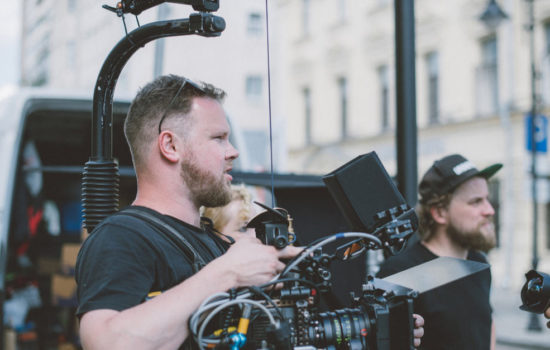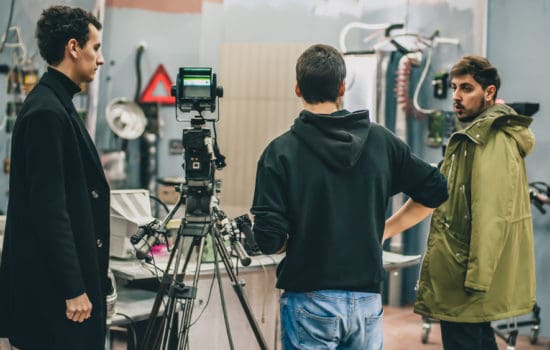As the title indicates, a Movie Producer helps in the producing or making of a film.1
Other key positions such as Director, Cinematographer, and Editor involve leading their respective departments in the creative process of making a film. A Cinematographer helps to decide how the movie will be shot and look. An Editor determines what shots and scenes are used to tell the story of the film. And of course, the Director leads in all of these decisions.
The role of the Movie Producer is an essential one in filmmaking. Why? This video offers a look at what this role entails.
But filmmaking is not only a creative pursuit. It demands a host of financial, logistical, and administrative decisions to ensure that the Screenwriter’s idea can actually be made into movie that people watch and enjoy.
It’s the Movie Producer who takes the reins in making sure the film gets made, period.
What does a Producer do on a movie?
The title Producer is indicative of what that person does on a movie. The Producer – and usually there is a team of them – ensures at the most basic level that the film is made. That means being responsible for all or any of the following key actions: securing funding, hiring cast and crew, overseeing the production schedule, and ensuring the distribution of the finished movie.























